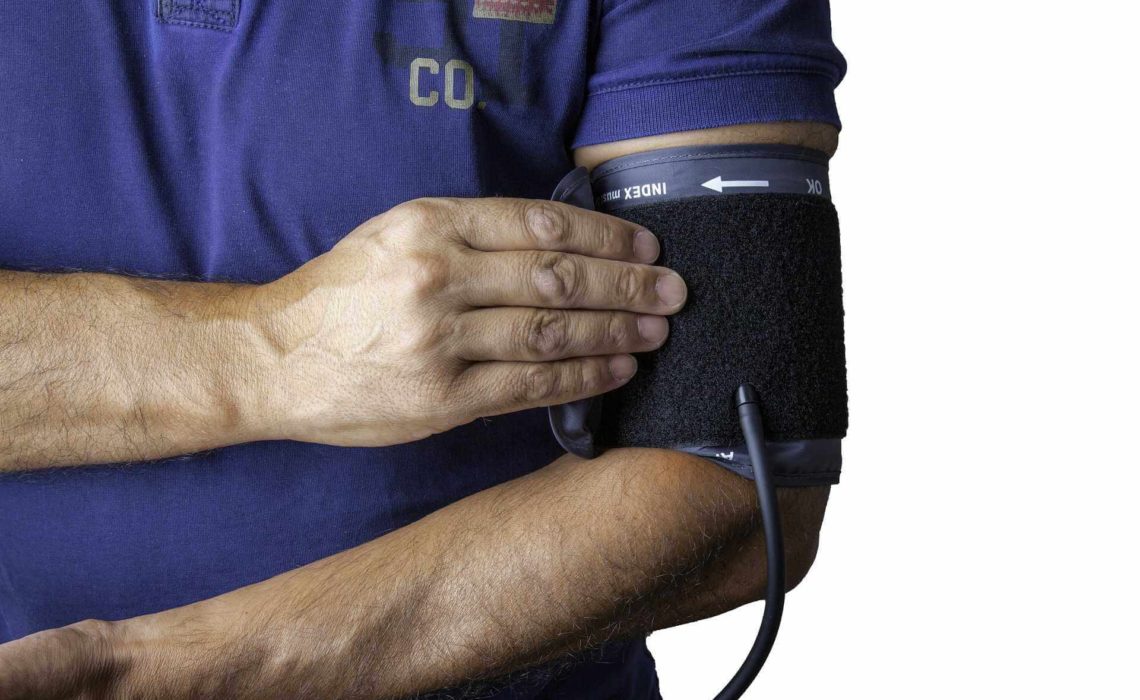One of the best ways to bring down your high blood pressure readings is altering your lifestyle choices. The changes you make will go a long way in helping you treat your hypertension. If you take a proactive approach by engaging in a healthy way of life, you can delay the need for any medication. This post will guide you through six proven lifestyle changes that go a long way in managing your blood pressure.
1. Exercise regularly
Table of Contents
Get out of your comfort zone and engage in regular physical activity for about 150 minutes a week, as recommended by the NHS. Such physical activity can reduce your numbers by approximately 5-8mmHg for those who have been diagnosed with high blood pressure. But remember, consistency is key. If you break the cycle, the chances are that your blood pressure will rise again. You can try dancing, swimming, cycling, walking, jogging or whichever works for you. You can also engage in strength training to help you manage your numbers. Consult your doctor to guide you on the most efficient program.
2. Eat a healthy diet
Switch up your diet a little bit. You can try eating foods that are rich in vegetables, fruits, whole grains, and low-fat dairy products. Furthermore, your diet should have low levels of cholesterol and saturated fat. After a while, you will realize that your BP numbers will be reduced by up to 11mmHg. This plan is referred to as the Dietary Approaches to Stop Hypertension (DASH) diet. Changing up diets is not an easy task. But you can always keep a food diary to help you monitor your eating habits. Be a smart shopper and consider boosting potassium levels to lessen the harmful effects of sodium.
3. Quit smoking
With every cigarette puff, you increase your chances of hypertension. If you take that step and quit smoking, you will realize that your blood pressure will normalize. It also reduces your risk of heart disease and boosts your overall well-being.
4. Avoid and reduce stressors
If you expose yourself to chronic stress, your blood pressure will be at a risky high every time. Stressors can easily lead you into smoking, excessive drinking, and unhealthy eating habits. Therefore, take some time and think about your life. Reflect on the things that continuously stress you, including illnesses, family, work, or finances. Once you have an understanding of what causes your stress, you can work out a plan to eliminate or reduce it. You can do this by changing your expectations, avoiding stress triggers, practicing meditation, and setting aside time to relax and engage in fun activities that you enjoy.
5. Reduce sodium levels in your diet
Even the tiniest reduction in the amount of sodium intake in your diet can go a long way in improving heart health and hence reducing your blood pressure. Sodium effects vary from person to person, but you should try to limit your sodium intake to about 2,300mg or less a day. You can do this by reading food labels, eating fewer processed foods, and adding less salt to meals.
6. Limit your alcohol intake

Alcohol intake can either be good or bad for your health. If you are a man, you can limit your alcohol intake to two drinks a day and one for women. In doing so, you will potentially reduce your BP numbers by about 4mmHg. One drink equals 1.5 ounces of 80-proof liquor, 5 ounces of wine, or 12 ounces of beer. If you drink alcohol excessively can raise your numbers exponentially, and at the same time, it can reduce the effectiveness of hypertension medication.
- How To Create A Safe And Comfortable Home Environment For In-Home Care In Boca Raton? - July 16, 2024
- 10 Trendy Black Nail Ideas To Elevate Your Nail Game - May 6, 2024
- Getting A Free Divorce In Virginia? Here’s What To Expect - April 24, 2024





No Comments